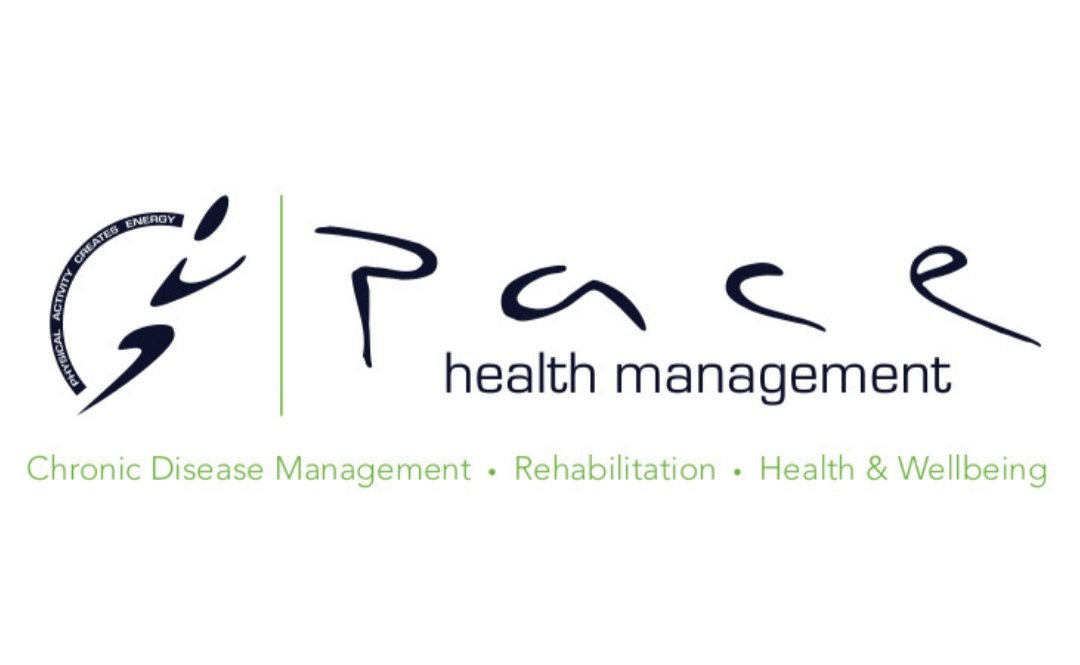How Occupational Therapists Can Support You
Occupational Therapists (OTs) are healthcare professionals who play a vital role in enhancing the quality of life for individuals facing a wide range of challenges.
Their expertise extends to clients with various disability types, including mental health disorders, psychosocial disorders, physical disorders, and neurological disorders.
In this blog, we will explore how Occupational Therapists can support individuals with these diverse diagnoses, offering tailored interventions and strategies to improve daily life and overall well-being.
Mental Health Disorders
Occupational Therapists are instrumental in assisting individuals with mental health disorders to manage their conditions and improve their quality of life. Some of the common mental health diagnoses they support include:
A. Major Depressive Disorder: OTs help individuals develop strategies to regain motivation and find meaning in daily activities.
B. Generalized Anxiety Disorder: OTs teach relaxation techniques and coping skills to reduce anxiety and improve daily functioning.
C. Bipolar Disorder: They assist in developing routines and identifying triggers to manage mood swings effectively.
D. Obsessive-Compulsive Disorder (OCD): OTs work on breaking down compulsive behaviors and finding healthier alternatives.
E. Oppositional Defiance Disorder: They help clients develop better communication and conflict resolution skills.
Psychosocial Disorders
For individuals with psychosocial disorders, Occupational Therapists offer valuable support and interventions. Common psychosocial diagnoses include:
A. Schizophrenia: OTs focus on enhancing daily living skills, including self-care, communication, and social interactions.
B. Borderline Personality Disorder: They help clients regulate emotions, develop healthy coping mechanisms, and establish stable routines.
C. Attention Deficit Hyperactive Disorder (ADHD): OTs work on improving focus, time management, and organizational skills.
Physical Disorders
Occupational Therapists are also essential in assisting individuals facing various physical challenges. These can include:
A. Amputees: OTs help individuals adapt to prosthetics, regain independence in daily activities, and manage pain.
B. Cancer: They provide strategies for managing fatigue, improving mobility, and addressing the physical and emotional effects of treatment.
C. Diabetes: OTs assist in managing diabetes through lifestyle adjustments and promoting self-care routines.
D. Arthritis: They focus on pain management, joint protection techniques, and maintaining functional independence.
E. Vision Impairment and Hearing Impairment: OTs teach adaptive techniques for daily living and assist in finding suitable assistive devices.
F. Fibromyalgia: OTs help manage pain and fatigue, develop energy conservation techniques, and maintain an active lifestyle.
G. Paraplegia and Quadriplegia: They work on mobility, independence in activities of daily living, and enhancing the quality of life.
Neurological Disorders
Occupational Therapists play a critical role in supporting individuals with neurological disorders. Common neurological diagnoses include:
A. Autism Spectrum Disorder (ASD): OTs help individuals with ASD develop social and sensory integration skills, enhancing their independence.
B. Huntington's Disease: They address functional decline, promote independence, and provide strategies for managing cognitive and motor challenges.
C. Down Syndrome: OTs focus on enhancing fine and gross motor skills, adaptive behavior, and independence.
D. Multiple Sclerosis (MS): They provide strategies for managing fatigue, mobility challenges, and cognitive changes.
E. Cerebral Palsy: OTs work on improving fine and gross motor skills, adaptive equipment, and promoting functional independence.
F. Alzheimer's and Dementia: They assist individuals in maintaining cognitive function, managing daily tasks, and ensuring a safe living environment.
G. Acquired Brain Injury (ABI): OTs help individuals regain cognitive and physical function, develop compensatory strategies, and reintegrate into daily life.
H. Intellectual Disability: They focus on enhancing adaptive skills, promoting independence, and creating a supportive environment.
Occupational Therapists are valuable allies for individuals facing a wide range of disability types. Their expertise extends to mental health, psychosocial, physical, and neurological disorders, where they offer tailored interventions to improve daily life, independence, and overall well-being.
If you or a loved one are living with any of these diagnoses and seeking support to enhance your quality of life, don't hesitate to reach out to the friendly and knowledgeable team of Occupational Therapists at PACE Health Management. They are here to provide the guidance and strategies you need to lead a more fulfilling life.
